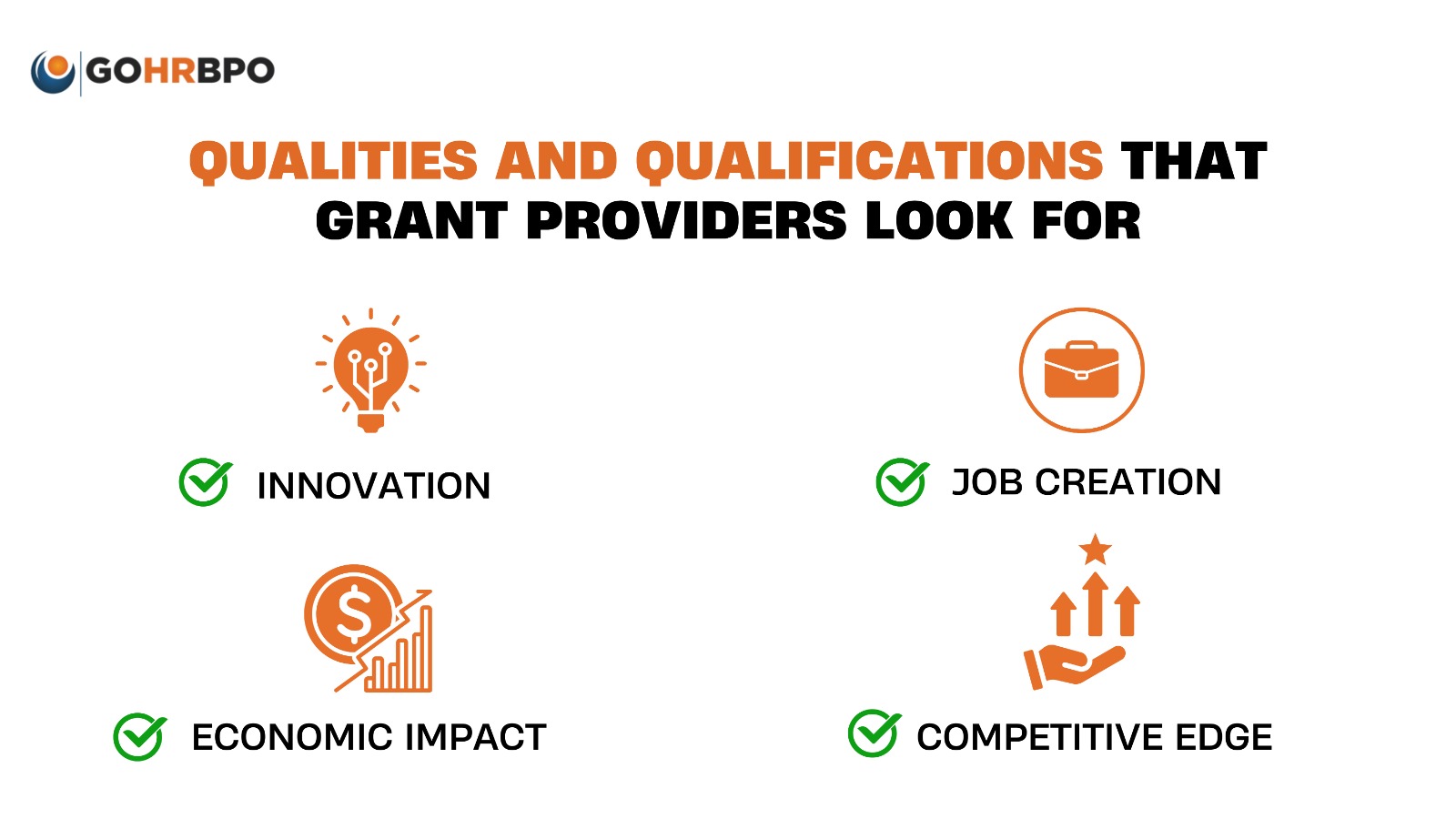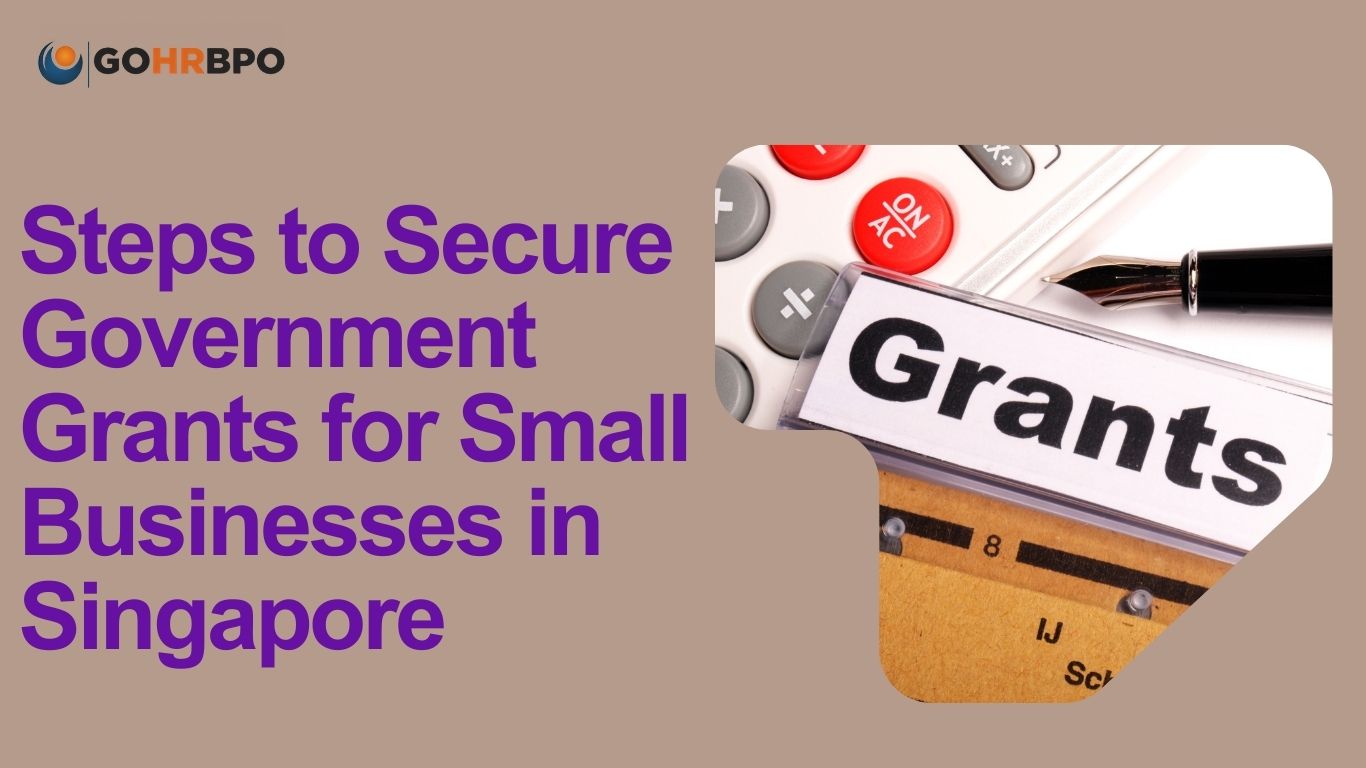As a small business owner in Singapore, you are probably all too familiar with the challenges of navigating the startup environment and finding resources to grow your venture. However, one option worth checking out is government grants for small businesses. As they are developed to help businesses recover by purchasing equipment, recruiting talented employees, or expanding into new markets, these funding opportunities can give incoming enterprises the resources they need to thrive.
Alternatively, the good news is the Government grants in Singapore that offer a wide range of grant programs for small and medium-sized enterprises, or SMEs, depending upon their needs. What it could do-ranging from improving productivity and providing support on internationalization-there is a good chance that the grants will be closely aligned with the interests of your small enterprise. The bad news, however, is that the application process can get complicated and competitive.
Now I share with you some of my best tips on how to get government grants for your small business in Singapore. Follow these strategies, and you will open the doors to access funding that could support your company further in attaining newer heights.

Government Grants For Small Businesses: Your Essential Guide
Research Relevant Grant Programs
Start with identifying government grant programs that suit your business the most. The Enterprise Singapore agency has listed all available grants with other elements such as productivity enhancement and support for overseas markets. Take time to study each program for its criteria, funding quantum, and application timelines so that you know which are beneficial.
Two examples of notable grants that Singaporean small businesses can apply for are the Productivity Solutions Grant (PSG), which implements productivity-enhancing solutions for SMEs, and the Market Readiness Assistance (MRA) Grant, which assists companies selling markets overseas. There are also grants focused on areas like innovation, internationalization, and workforce development.
Take a moment, sit back, and analyze your business needs and priorities, as it will allow you to evaluate what grant might work best for you.
Also Read : Step-by-step Guide to Submitting Your SG Arrival Card
Understand the Application Process
Once you have narrowed down your choices, the next step is to get up to speed on the grant application process, which usually entails the submission of a detailed proposal outlining the applicant’s business, project goals, budget, and anticipated outcomes. This means that you will be ready to submit financial statements, market analysis, and other supporting documentation.
The specific requirements will vary depending on the grant program, but you can generally expect to see information such as:
- A profile of your business-which includes products and services offered, target market and competitor landscape.
- An overall and detailed description of the project being funded, including goals and objectives, timeline, and critical milestones.
- A look at the project budget and any anticipated usage of grant money.
- An analysis and estimates on project impact, such as expected revenue increases, productivity, or job creation.
- Information about your team’s qualifications and experience to perform the proposed project.
Getting an understanding of the application process will make sure that you gather all information needed and are submitting a complete and organized proposal.
Write a Compelling Proposal
The key to a successful grant application is a well-put-together proposal that is able to put your project merits forward and showcase your company as able to put it into practice. You will begin with the problem that you are trying to solve or the opportunity that you want to pursue. Next is the outline of the proposed solution and, most importantly, the way grant funding will allow you to come into conception.
Keep in mind to emphasize the impact that your project is both going to have on your business and the economy of Singapore as a whole. Grant funders are looking for investment opportunities in innovations that create jobs and improve Singapore’s competitiveness. Quantify the anticipated benefits whenever feasible, in terms such as increased revenue, reduced cost, or number of jobs created.
It will be equally important to demonstrate your company’s ability and commitment to the project. Elaborate on your team’s relevant experiences, any past success in similar initiatives, and your plan for sustaining such efforts developmentally into the future without the continued support from the grant.
Request Feedback and Refine Your Proposal
Before you submit your application, consider sharing your proposal draft with other entrepreneurs or business advisors. Collect constructive feedback that will help you understand if anything is missing in your proposal will make your application even stronger. People with industry know-how and also finance experts who can cast a more critical eye on question responses will be most beneficial for the review panel.
Ask your network of small business entrepreneurs: Have they ever applied to the grant you’re applying to? They might have some insider advice, whether it’s about stumbling blocks they tripped up on or actions they took to get their proposal approved. It can also be helpful to enlist a professional grant writer or consultant to edit your proposal, ensuring that you haven’t accidentally overlooked or included anything that would undermine your business’s chances.
Remember, the competition in the grant world is high, so it’s crucial that, while you’re writing, you’re thinking about how to help yourself stand out.
Also Read : Minimum Wage Singapore for Freshers 2024: What You Need to Know
Do Not Miss Deadlines and Requirements
No matter how strong your proposal is, missing your submissions and attaching the necessary evidence could mean missing the chance to make your pitch to the grant decision-makers. Go line by line through the application to make sure you’ve included all requested documentation. Are copies of the most recent financials included? Is your project timeline laid out? Check these things off your to-do list—then double-check.
Grant programs come with strict cutoff times and often require a set of specific documents. Take note of deadlines and the required information during the brainstorming stage. You might even set up a calendar alert on your phone or computer.
Tenacity and Patience
Obtaining government grants is a competitive and lengthy process, so don’t be disheartened if your first effort doesn’t end in a grant. Instead, use any critiques to make up for it and try again. When it comes to small business funding, patience and persistence are the two golden words.
Grant applications often go through various rounds of revision, so look at the bright side. Embrace constructive criticism and keep working on your proposal until that grant funding becomes a reality.
This truly is the complete guide to obtaining government grants for your small business. A few final suggestions would be to stay organized, to highlight what makes your business special, and to ask for help along the way when you need it.
Best wishes!






